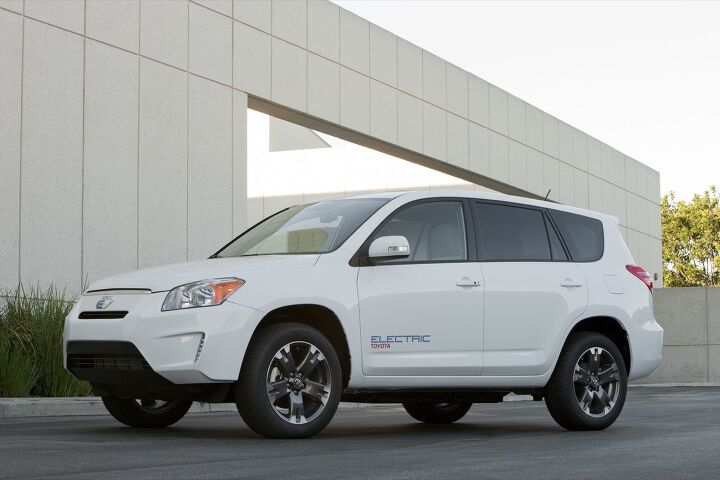#EvMarketShare
Toyota Chairman: Shift to Electric Vehicles Will Not Be Rapid
Mazda is planning for the internal combustion engine of 2050. Toyota is applying the Dynamic Force improvements that worked wonders on the 2018 Camry’s fuel economy ratings to V6 and V8 engines.
And electric cars?
“We’re skeptical there would be a rapid shift to pure electric vehicles, given questions over user convenience,” Toyota chairman Takeshi Uchiyamada tells CNBC.
There is a Toyota electric car in your future, Uchiyamada believes. But more likely than not, it’s not in your near future.
Major Study Confirms EV Batteries Too Expensive; Predicts 26% Of New Cars Will Be Hybrids Or EVs In 2020
A major study by Boston Consulting Group (BCG) has determined that even if EV battery costs drop by a projected 65% by 2020, the economics will still constrain their widespread adoption. It challenges the industry assumption that a $250 per kWh cost for automotive batteries can be achieved by that date. Nevertheless, the report projects that hybrids, plug-ins and pure EVs will make up 26% of new cars sold in major developed markets. Specifically, the study projects 1.5 million EVs, 1.5 million range-extending EVs, and 11 million hybrids produced in 2020. Regarding the manufacturer’s holy grail of $250/kWh batteries:
Given current technology options, we see substantial challenges to achieving this goal by 2020. For years, people have been saying that one of the keys to reducing our dependency on fossil fuels is the electrification of the vehicle fleet. The reality is, electric-car batteries are both too expensive and too technologically limited for this to happen in the foreseeable future.
—Xavier Mosquet, Detroit-based leader of BCG’s global automotive practice and a coauthor of the study
The study takes on the expectations that current EV technology with its range and cost limitations can effectively replace the IC powered car head on,

















Recent Comments